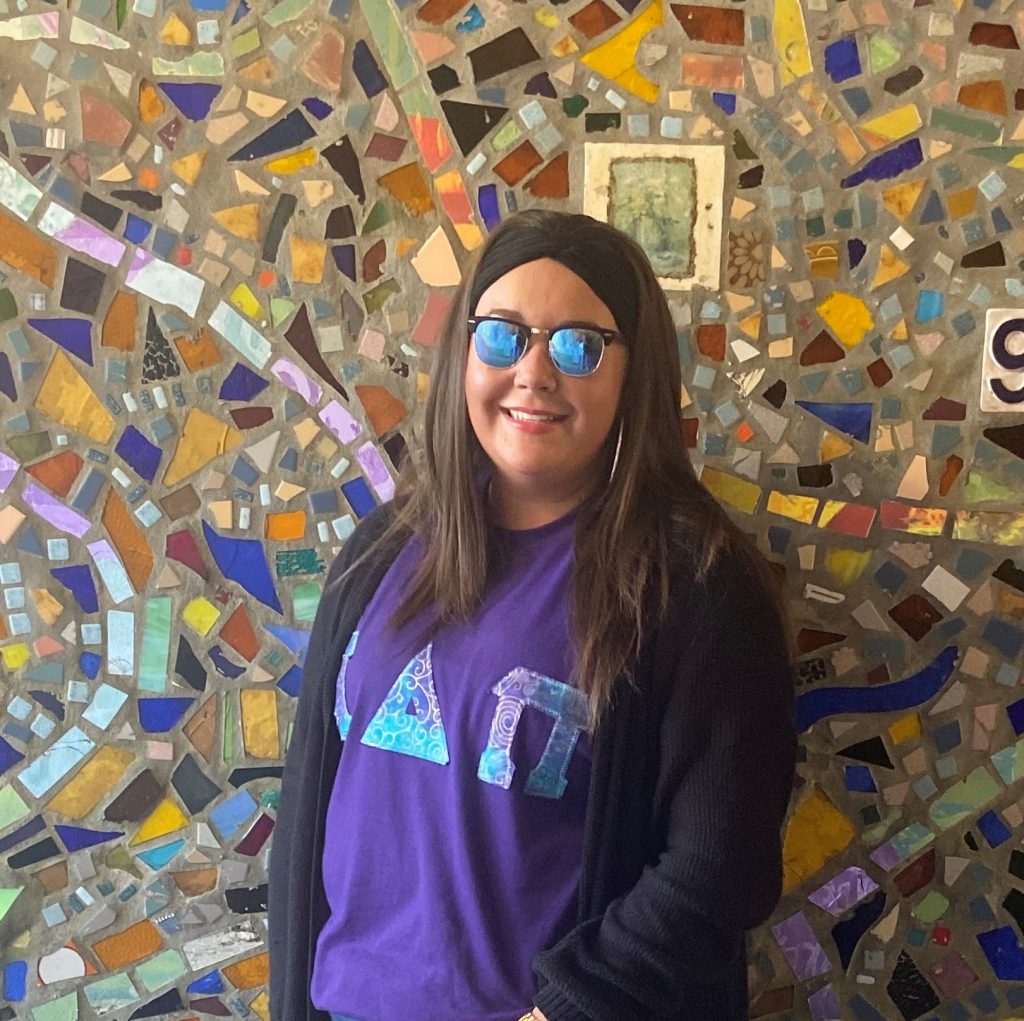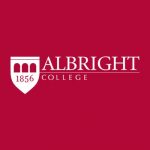Morgan Rahtjen, a junior biology/biotechnology major at Albright College, is one of only six scholars to be accepted into Tower Health’s Medical Laboratory Science program at the Reading Hospital School of Health Sciences (RHSHS).
“Because of the demands of gaining theoretic and practical laboratory experience, and skills necessary to succeed as a medical laboratory scientist, the Medical Laboratory Science program at Tower Health is very selective,” said Albright Provost Karen Campbell, who is also senior vice president for academic affairs, faculty dean, and the P. Kenneth Nase chair of biology. “Most students accepted into the program have already earned undergraduate degrees, so Morgan’s acceptance as a junior speaks very highly about her academic preparation.”
Albright Associate Professor of Biology, Adam R. Hersperger, Ph.D., pointed Rahtjen toward the selective program early in her college journey.
“My advisor, Dr. Hersperger, helped me learn about this program during my sophomore year, so that I could make sure I had all the pre-requisites to have a competitive application,” said Rahtjen. “Taking classes in histology, immunology and microbiology combined with my experience as a laboratory teaching assistant, making me a great candidate for the program.”
Rahtjen will spend her senior year completing coursework and preparing for a Medical Laboratory Science certification exam at RHSHS, while also finishing her Albright College Bachelor of Science degree in biology/biotechnology.
“I will be taking all my classes at the hospital, as well as spending time in the clinical lab during my training,” explained Rahtjen. “The classes I will be enrolled in align with each section of the clinical lab, and my schedule will be personalized so that I will receive mostly one-on-one training in the lab.”
Excited to be starting the program early, Rahtjen talked about the potential to begin working immediately after graduation. “There may also be an opportunity to work in the lab while I am completing the program, so that I would graduate with almost a year of experience,” she said.
Medical laboratory scientists perform tests that lead to the detection, diagnosis and successful treatment of diseases. And Rahtjen pointed out that working as a scientist in clinical laboratory setting will allow her to continue learning new skills and qualify for new certifications within the fast-growing medical laboratory career field.
“After I get my Albright degree in May and complete the MLS program in June, I will be eligible to sit for the American Society for Clinical Pathology Board of Certification for Medical Laboratory Science,” she said. “There is job availability in hospitals and other private labs, where I will be responsible for analyzing different samples for areas such as the blood bank and urinalysis.”
“I am hoping that more Albright biology students can take advantage of this program’s amazing benefits.”




